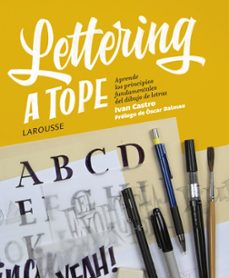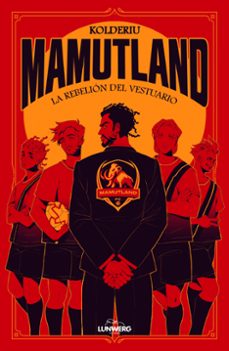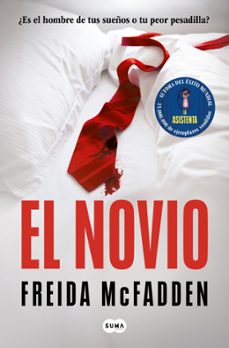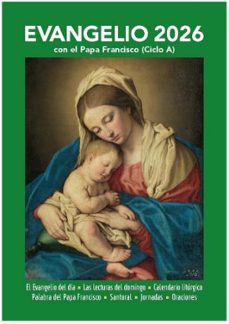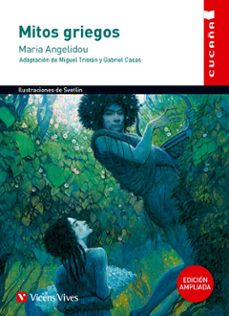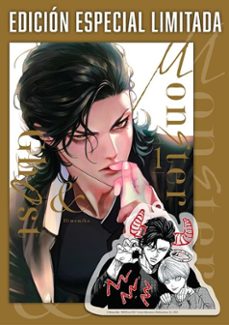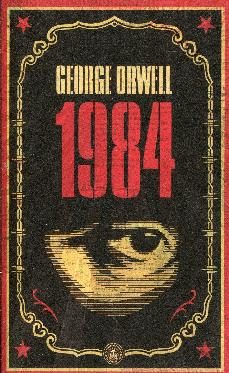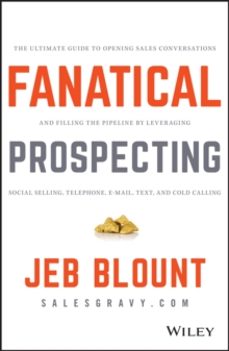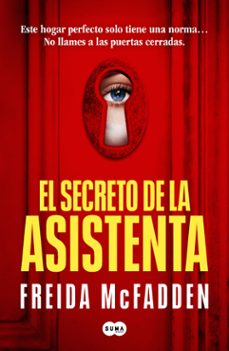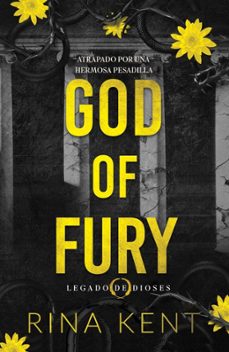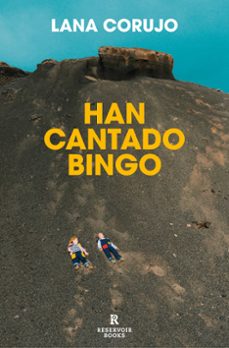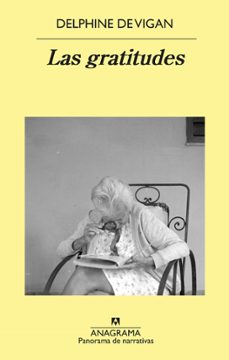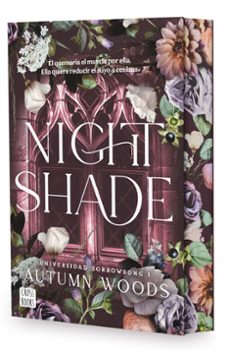INVENTION OF SPACE
IBEROAMERICANA- 9788484897057
Sinopsis de INVENTION OF SPACE
This book explores the many ways that space has been represented in literature in the twentieth century, dealing with concepts related to space as applied to two different situations: writing the city and traveling through the world. The first chapters propose an innovative different version of Comparatism, one more akin to issues of center and periphery, otherness and non hierarchical assumptions, and a general discussion of ways to read the city. The following chapters analyze how writers create an urban jungle of words with a very precise purpose: the critical interpretation of space according to the values of the writer in the present, proffering a quasi-archeological reading of a jumble of temporal traces scrawled on the walls of old buildings. This kind of exploration deals with general problems and also with specific authors and books (Corpus Barga, Cela, Roig, Gil de Biedma, Vilallonga, Rodoreda, Mendoza). The third section is devoted to a discussion of problems put forth by travelogues, focusing on specific occasions for travel such as the curiosity sparked by the new regime in soviet Russia, how travel is affected by the exile experience, and the uses of travelogues as a way to rediscover daily life.
Ficha técnica
Editorial: Iberoamericana
ISBN: 9788484897057
Idioma: Castellano
Número de páginas: 278
Tiempo de lectura:
6h 35m
Encuadernación: Tapa blanda
Fecha de lanzamiento: 10/05/2013
Año de edición: 2013
Plaza de edición: Es
Número: 24
Peso: 380.0 gr
Especificaciones del producto
Escrito por Enric Bou
Enric Bou nació en Barcelona en 1954, y es catedrático de Literatura Española y Catalana en Brown University (Estados Unidos). Especializado en literatura Española contemporánea, ha editado algunos epistolarios de los autores de la generación del 27, entre ellos Cartas de viaje (1912-1951) y Cartas a Katherine whitmore, de Pedro Salinas, estas últimas publicadas por Tusquets Editores (Marginales 204). Además de varias monografías sobre poetas como Joan Maragall, Josep Carner o Guerau de Liost, Enric Bou es autor de varios ensayos y antologías poéticas. Su daliccionario viene a sumarse al interés por Dalí de Tusquets Editores, cuyo catálogo cuenta con tres obras capitales del polémico artista: Diario de un genio, El mito trágico de «el ángelus» de millet y Los cornudos del viejo arte moderno (Esenciales Dalí 1, 2 y 3).
Descubre más sobre Enric Bou Recibe novedades de Enric Bou directamente en tu email
Opiniones sobre INVENTION OF SPACE
¡Sólo por opinar entras en el sorteo mensual de tres tarjetas regalo valoradas en 20€*!
